20 Wonderful Wellness Books To Read In 2022
We say “wellness” and “well-being” often in casual conversations. But what does wellness constitute? Wellness is both a journey and a state of being. According to the National Library of Medicine, wellness has eight different dimensions:
(i) Physical: Caring for our bodies so they’re healthy now and in the future.
(ii) Intellectual: Maintaining our curiosity and expanding our knowledge and skills.
(iii) Emotional: Understanding our own emotions and empathising with others.
(iv) Social: Caring about others and letting others care about you.
(v) Spiritual: Participating in activities that are consistent with your beliefs.
(vi) Vocational: Contributing your unique skills to meaningful & rewarding work.
(vii) Financial: Managing your financial resources and planning for future goals.
(viii) Environmental: Understanding how your natural and built environments affect your health and well-being.
The wellness books listed below cover most, if not all, of these eight dimensions. It’s a diverse list in terms of the themes it covers and the voices that wrote about them. We can all use a little perspective and guidance from time to time, and I hope you can find it in the pages of some of these books, just like I have!
Some Background On Wellness Books
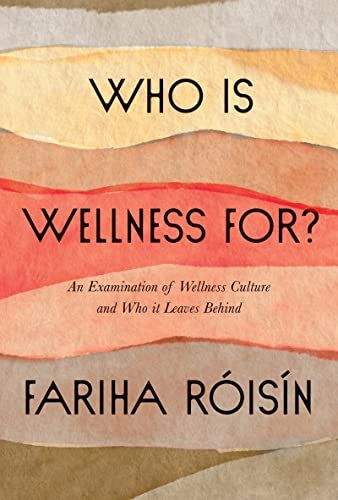
Who Is Wellness For?: An Examination of Wellness Culture and Who It Leaves Behind by Fariha Róisín
Fariha Róisín is a Bangladeshi Muslim who struggled to fit in while living in Australia. She explores how wellness culture has become a luxury good built on the wisdom of Black, brown, and Indigenous people. It does so while ignoring and excluding them. Pick this book to recognize your privilege (or the lack of it) in the conversation around and the commodification of wellness.
Wellness Books About The Body
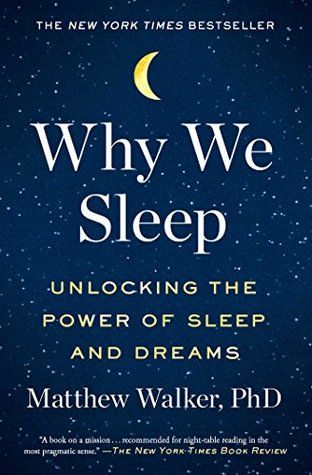
Why We Sleep: Unlocking the Power of Sleep and Dreams By Matthew Walker
I’ve prioritised my sleep all my life. After reading this book, I’ve done that it with added enthusiasm. Why We Sleep made the importance of sleep fundamentally clear to me. It’s divided into four different parts. Parts one and two address what sleep is and why we need it. Part three delves into how and why we dream. The last part talks about the various blockers of good sleep and how society can be transformed to ensure we all get the rest we so very need.
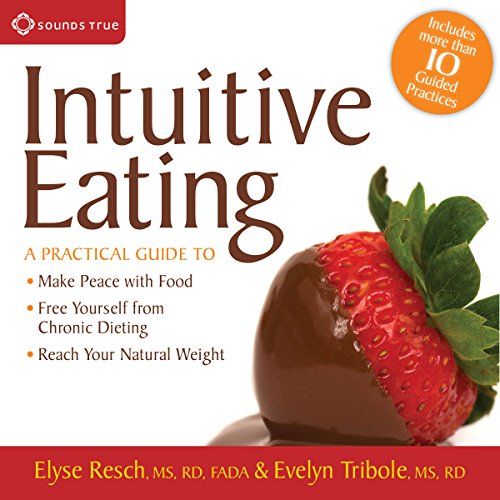
Intuitive Eating: A Revolutionary Program that Works by Evelyn Tribole MS, RD and Elyse Resch MS, RD, FADA
In this book, two prominent nutritionists introduce us to a practical and sustainable solution to beat overeating or undereating: the art of intuitive eating. This strategy focuses on listening to and understanding our body’s needs. It teaches us how to recognise and honour hunger, and how to know when we’re full. It talks about how to let ourselves feel our feelings without using food. It also emphasises that there is no “ideal body type,” and how intuitive eating can help us reach our own natural body weight.
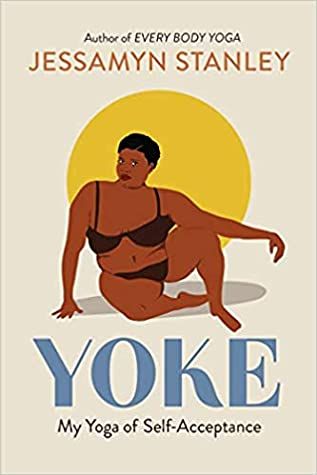
Yoke: My Yoga of Self-Acceptance by Jessamyn Stanley
Whether you practice yoga or not, this book will bring you a refreshing perspective. This is a collection of essays about Jessamyn’s relationship with yoga. She uses this to talk about issues like cultural appropriation, capitalism, and racism. She also explores the ways she’s used yoga as a tool for self-love. She takes the lessons we learn on the mat and teaches us how to apply them to the real world. She urges us to face the world with the same flexibility, strength, and awareness as we do when navigating the yoga poses.
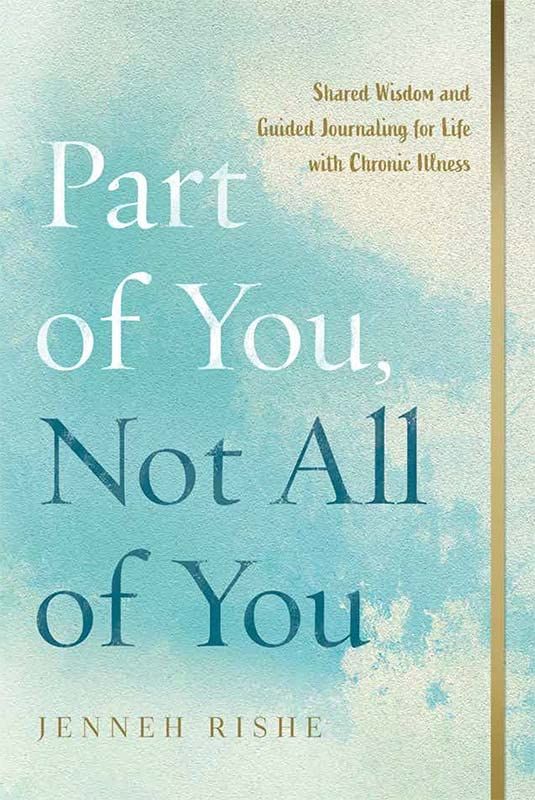
Part of You, Not All of You: Shared Wisdom and Guided Journaling for Life with Chronic Illness by Jenneh Rishe
Jenneh Rishe is a registered nurse who has worked in surgical trauma, oncology, and internal medicine. She is the founder of The Endometriosis Coalition, a nonprofit organization focusing on spreading awareness and increasing research funding for endometriosis. She has used her expertise and experience to put together this journal. It can bring awareness, acceptance, relief, and hope to anyone dealing with chronic illness.
For more physical wellness books, check out Books Fitness Professionals Should Read.
Wellness Books About Lifestyle
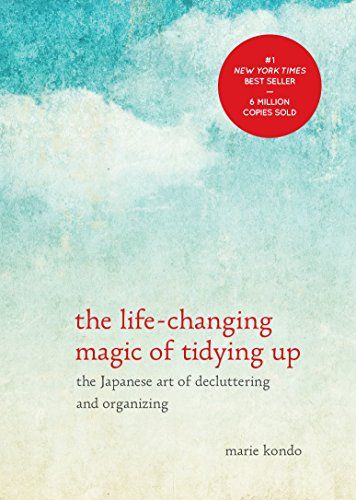
The Life-Changing Magic of Tidying Up by Marie Kondo
If you’re drawn to minimalism and tidying up, or want to figure out why others are drawn to it, you can pick this book up. Marie Kondo outlines strategies that can help us get rid of the physical clutter around us. A consequence of clearing up our physical space could be a less cluttered mind too.
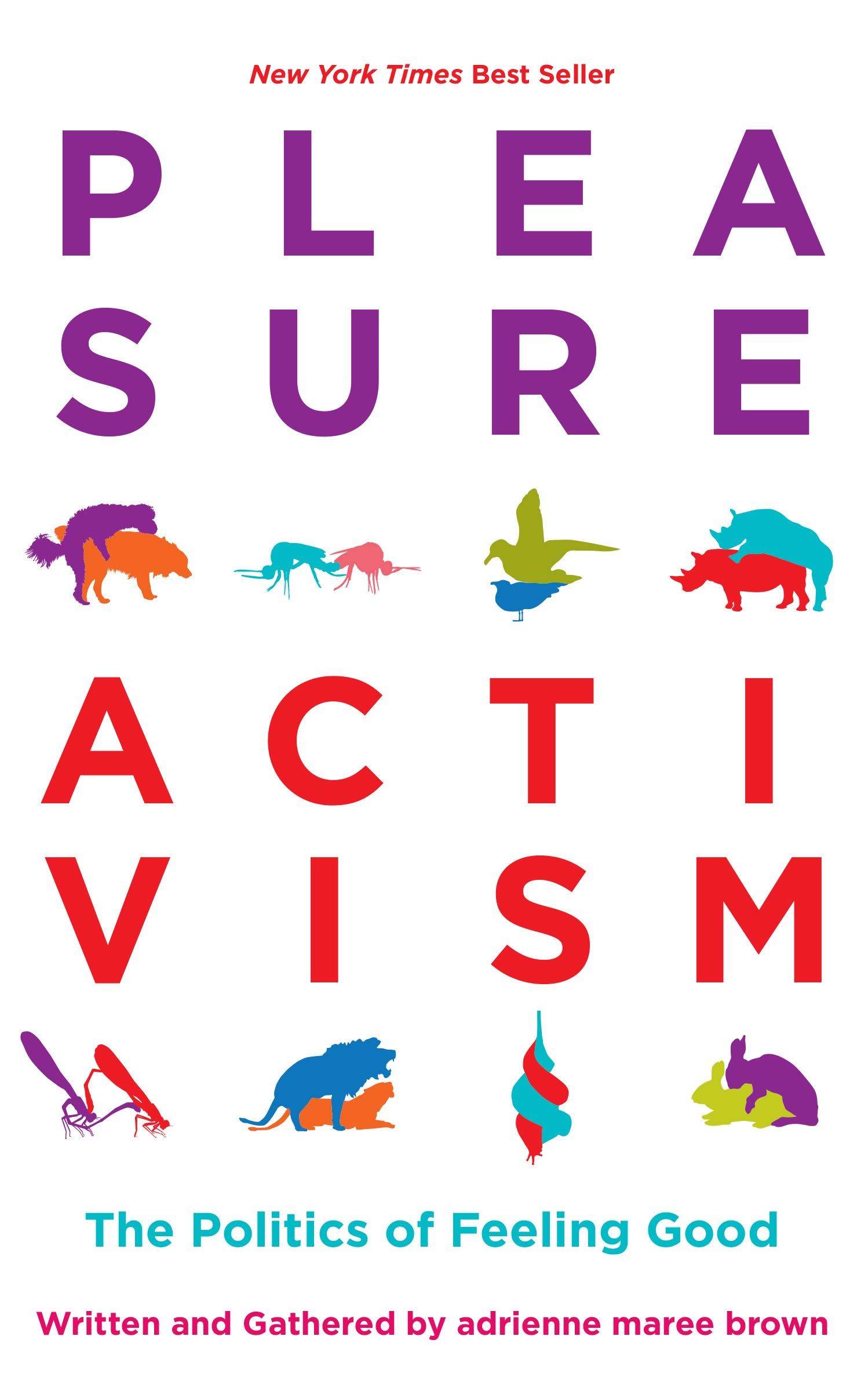
Pleasure Activism: The Politics of Feeling Good by adrienne maree brown
The central idea of the book is to make activism and social justice a practice that bring pleasure. brown urges us to shift our view of activism as a draining chore. She asks us to not settle for anything less than a fulfilling life. And teaches us ways to make this a reality for ourselves and others. If you wanna know if you’ll enjoy this book, hear the author’s thoughts about it below.
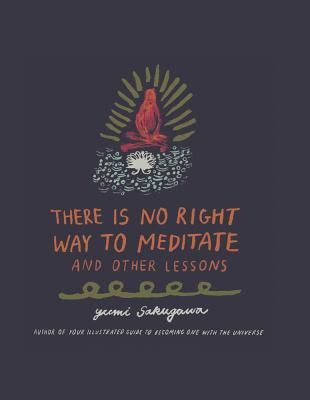
There is No Right Way To Meditate: And Other Lessons by Yumi Sakugawa
Reading this book felt like a meditative act in itself. Yumi Sakugawa makes you look at meditation in a new light. Meditation isn’t limited to absolute concentration and a head devoid of any thoughts. It can be incredibly relaxing, freeing, flexible, and forgiving. The book shows us how with intriguing metaphors and soothing illustrations.
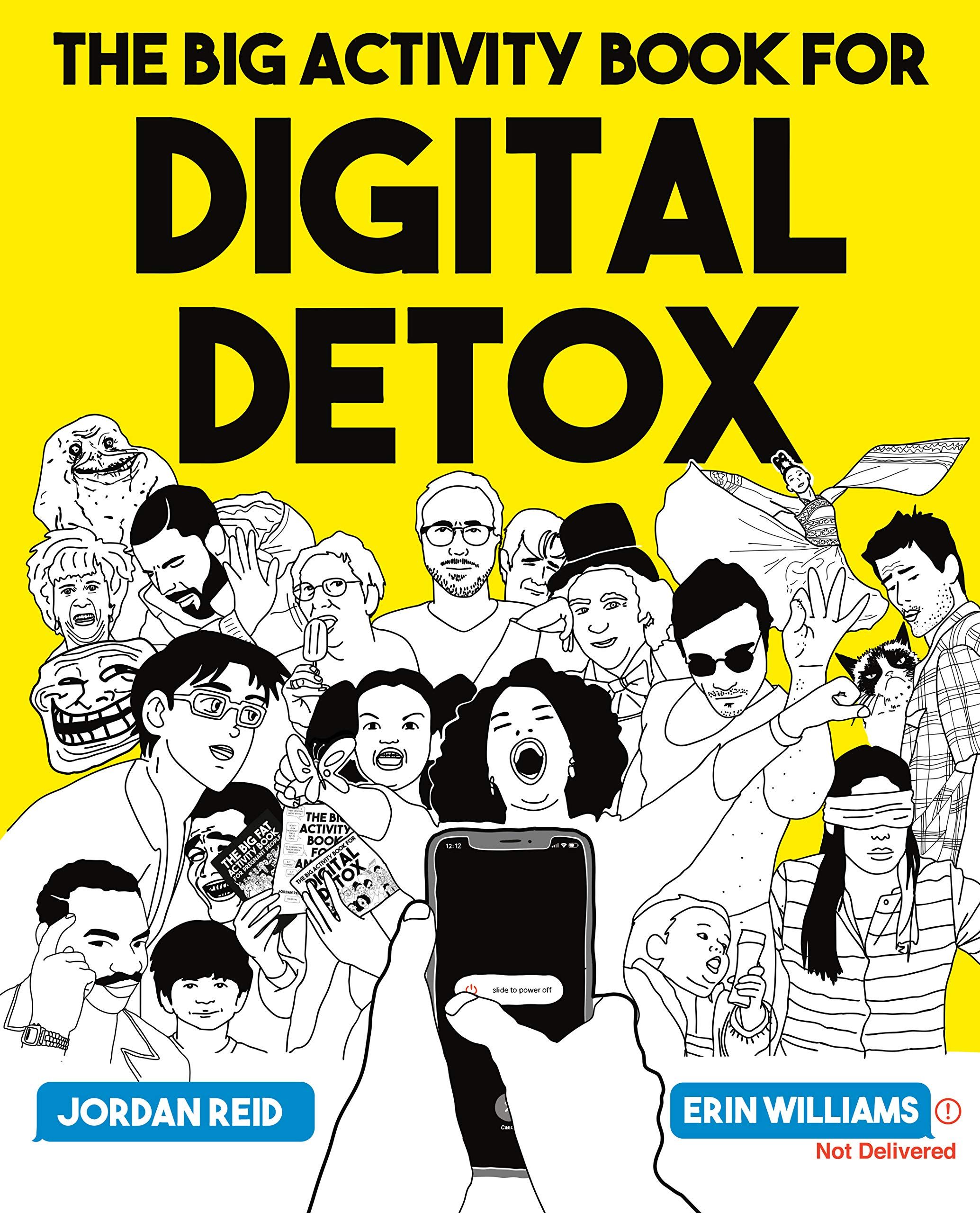
The Big Activity Book for Digital Detox by Jordan Reid And Erin Williams
If you’ve felt brain-dead after hours of doom-scrolling, read this book! It’s part journal, part coloring book, and part advice on how to gift yourself a digital detox. Because it really is a gift. This detox guide is fun, relatable, and filled with creative activities and solutions to help us take a break.
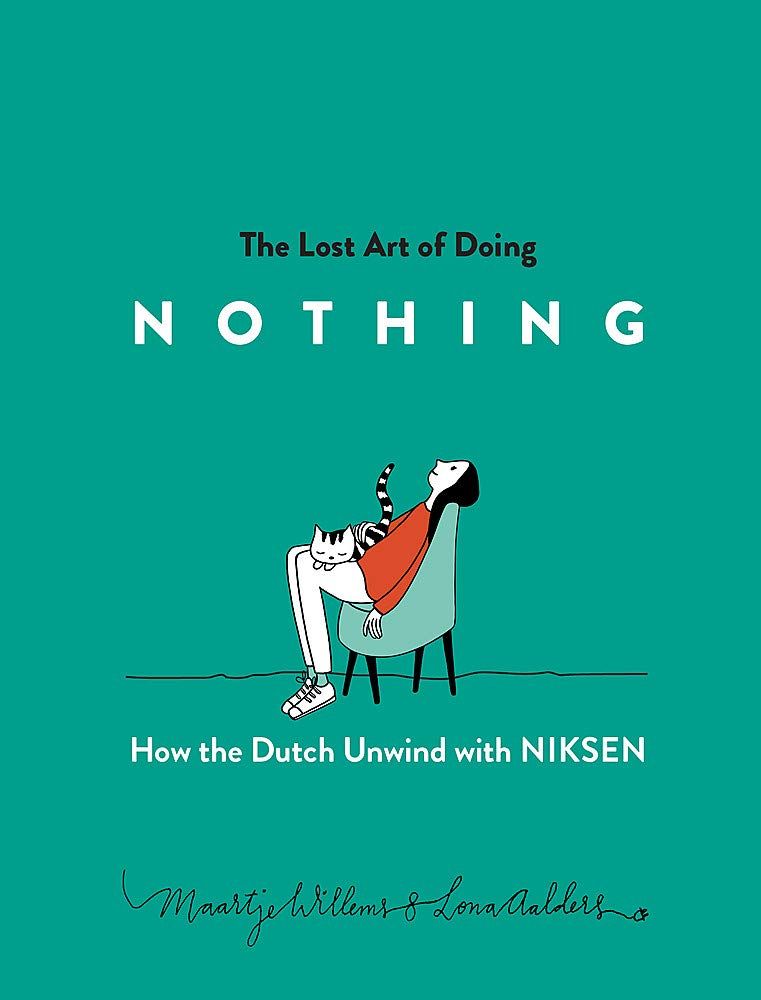
The Lost Art of Doing Nothing: How the Dutch Unwind with Niksen by Maartje Willems and Lona Aalders
Taking lessons from the Dutch, this book asks us to learn the art of doing absolutely nothing. It sounds really easy, but can be challenging with our over-scheduled days.
Hence, this compact book builds a case of why we should do nothing and how to get started. It has beautiful, soothing illustrations that make us feel calm and light.
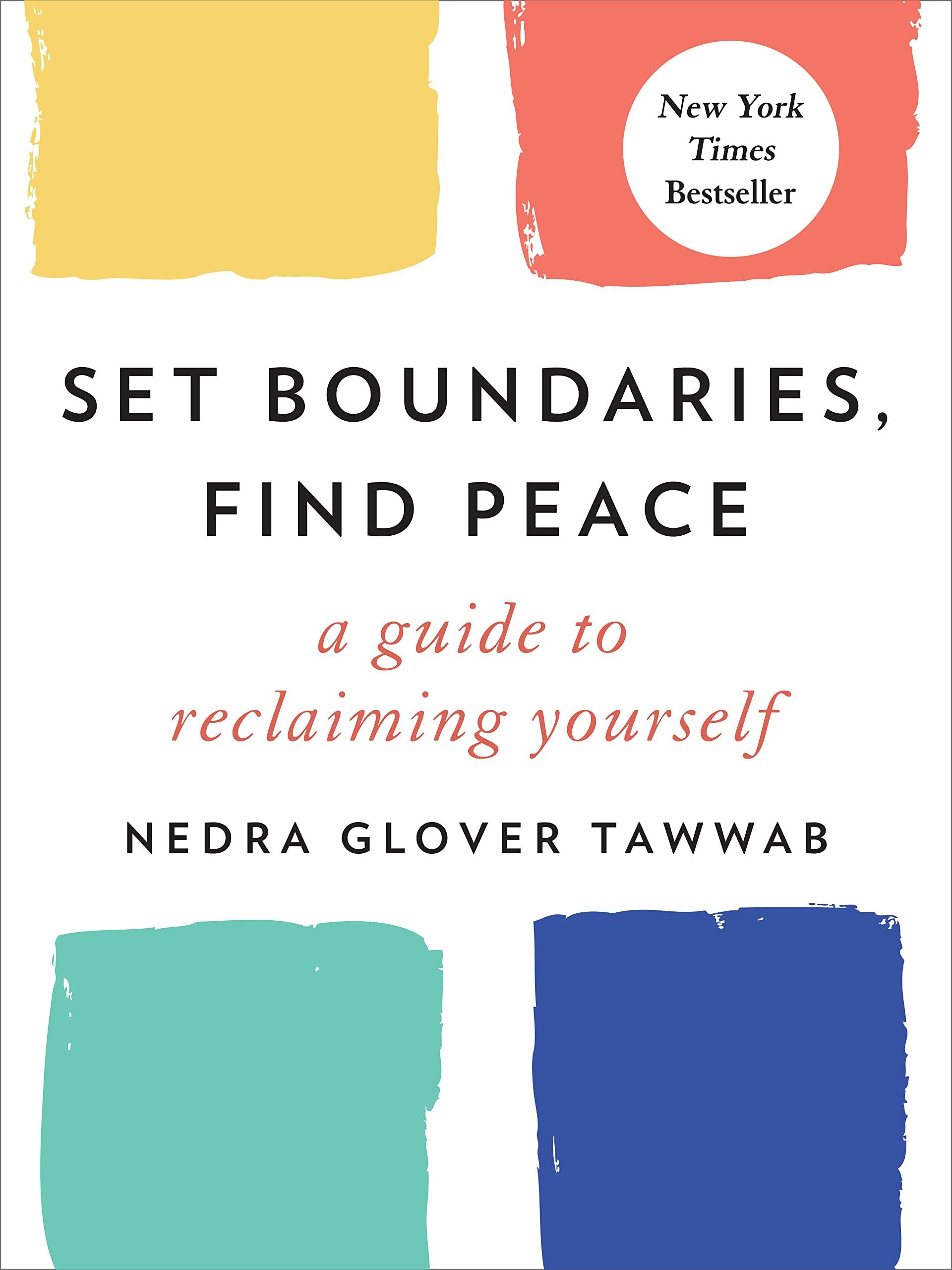
Set Boundaries, Find Peace: A Guide to Reclaiming Yourself by Nedra Glover Tawwab
As someone who struggles to set boundaries, finding this book made me realise I’m not the only one. If someone wrote an entire book about it, there’s probably a lot of people who want to be better at this. Nedra Glover Tawwab tries to teach us how to send healthy boundaries in love, life, and work. She addresses issues like co-dependency, power struggles, anxiety, depression, and burnout, and teaches us how to navigate them.
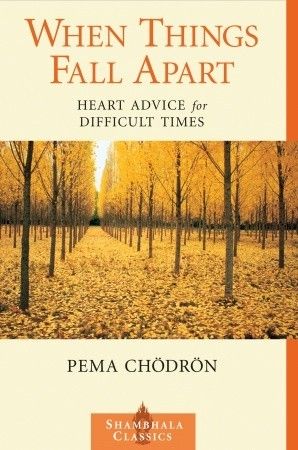
When Things Fall Apart: Heart Advice for Difficult Times by Pema Chödrön
Have you been in a place where everything seemed to fall apart? Have you wondered why things got progressively worse? As hard as it is to get through times like these, a little perspective can help us through them. Pema Chödrön draws from traditional Buddhist wisdom in this book. It released in 1996, and it’s still refreshing and relevant today.
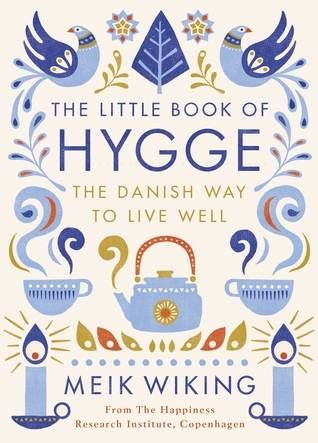
The Little Book of Hygge: The Danish Way to Live Well by Meik Wiking
Meik Wiking explores Hygge (pronounced as hoo-ga) which signifies a sense of comfort, belonging, and well-being. It’s filled with soothing illustrations and reminders to be kind to yourself. The ways of creating or experiencing Hygge explored in this book might not work for everyone. But it urges us to find our own version of Hygge in our increasingly busy and stressful lives.
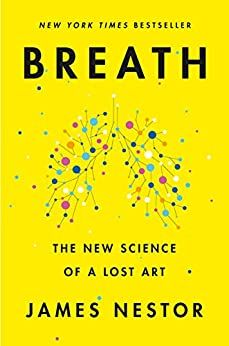
Breath: The New Science of a Lost Art by James Nestor
A fundamental thing we all do is breathe. James Nestor talks about how we’ve been doing it wrong for a long time now. He delves into where we went wrong and what we can do to fix it. Check it out to breathe easier and better!
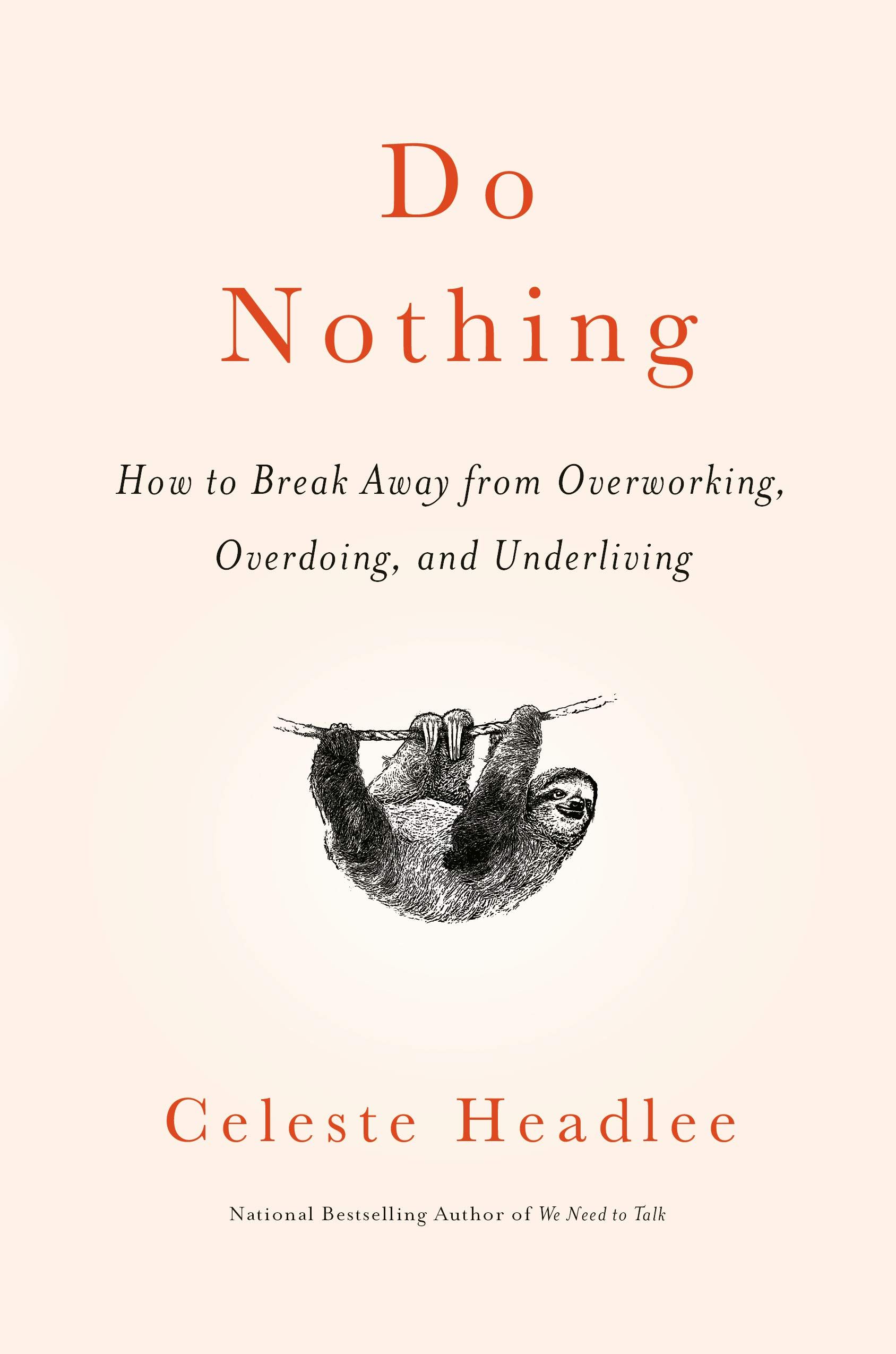
Do Nothing: How to Break Away from Overworking, Overdoing, and Underliving by Celeste Headlee
Celeste Headlee was inspired to write this book by examining her own life. She was hardworking, productive, and did work that brought her immense satisfaction. However, she realised that she was exhausted and miserable despite everything she had accomplished.
Do Nothing asks us to actively make space and time for slowing down. It urges us to add leisure to our busy schedules, because our lives are more than just about maximizing efficiency.
Mental Wellness Books
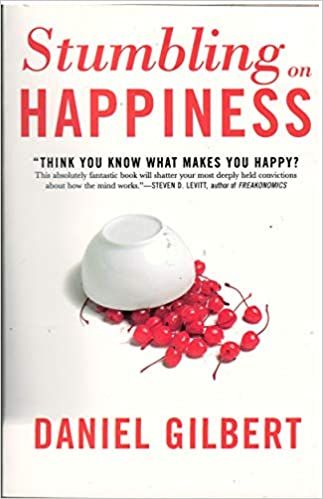
Stumbling on Happiness: Think You Know What Makes You Happy? by Daniel Gilbert
This books deconstructs and rebuilds our notions of what we think will make us happy. It’s built on the latest scientific research in psychology, cognitive neuroscience, philosophy, and behavioural economics. This is done with a lot of wit as we shake our heads and laugh at our own misconceptions of happiness. And we do this hoping that understanding what makes us happy might bring us closer to feeling it.
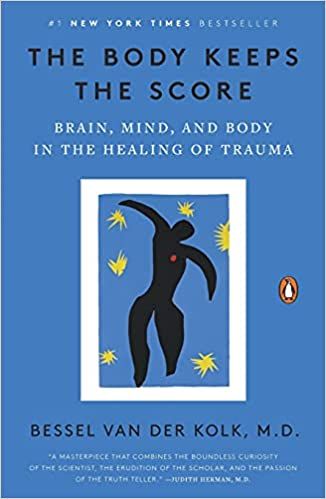
The Body Keeps the Score: Brain, Mind, and Body in the Healing of Trauma by Bessel van der Kolk, M.D.
Dr. Bessel van der Kolk is an expert on trauma and has spent over three decades working with survivors. He uses recent research to show how trauma literally reshapes the body and brain. As a result, this changes the sufferer’s capacity for pleasure, engagement, self-control, and trust. Trauma also isn’t limited to veterans or survivors of abuse. It’s more common than we can grasp. This books delves into the power our relationships have both to hurt and to heal.
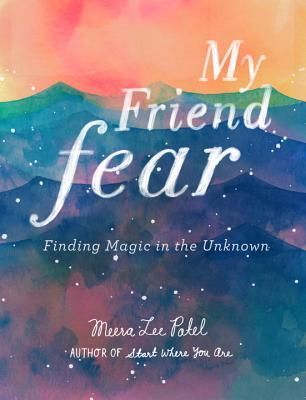
My Friend Fear: Finding Magic in the Unknown by Meera Lee Patel
This is a illustrated guide about learning to become a friend to our fears. Meera Lee Patel’s watercolor art is soothing and intriguing in equal parts. The book creates a safe space to sit with a fairly difficult emotion. It provides comfort and insights that make us want to revisit it often.
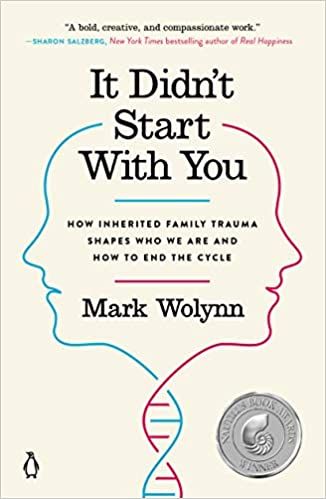
It Didn’t Start with You: How Inherited Family Trauma Shapes Who We Are and How to End the Cycle by Mark Wolynn
This book focuses on generational trauma and how it impacts us. It also urges us to move away from the “hurt people hurt people” mentality. It teaches techniques to break from this cycle and try to heal. The healing can begin with us, so we don’t scar the coming generation in the same way.
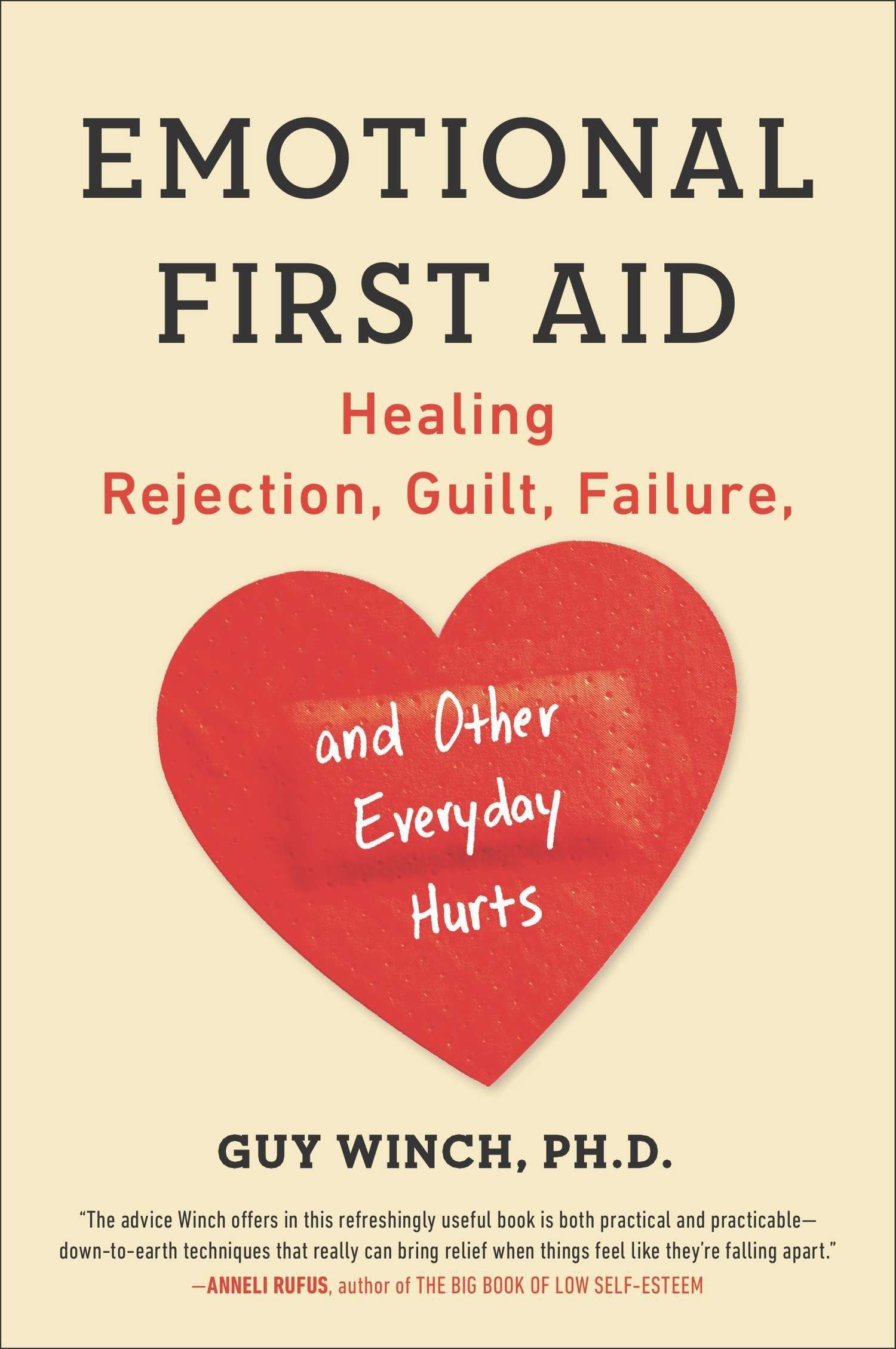
Emotional First Aid: Healing Rejection, Guilt, Failure, and Other Everyday Hurts by Guy Winch, Ph.D.
One of the first things we learn as kids is how to practice physical first aid. We’re taught to clean the wound, apply a band-aid, and seek for help. What if we could learn what first-aid looks like for our emotional wounds too? That is exactly what Guy Winch tries to explore in this book. If you need help making up your mind about reading it, watch his Ted Talk about the subject below.
For more recommendations for mental wellness books, look at Mental Health Nonfiction for Teen Readers and Comics About Mental Health.

إرسال تعليق
0 تعليقات